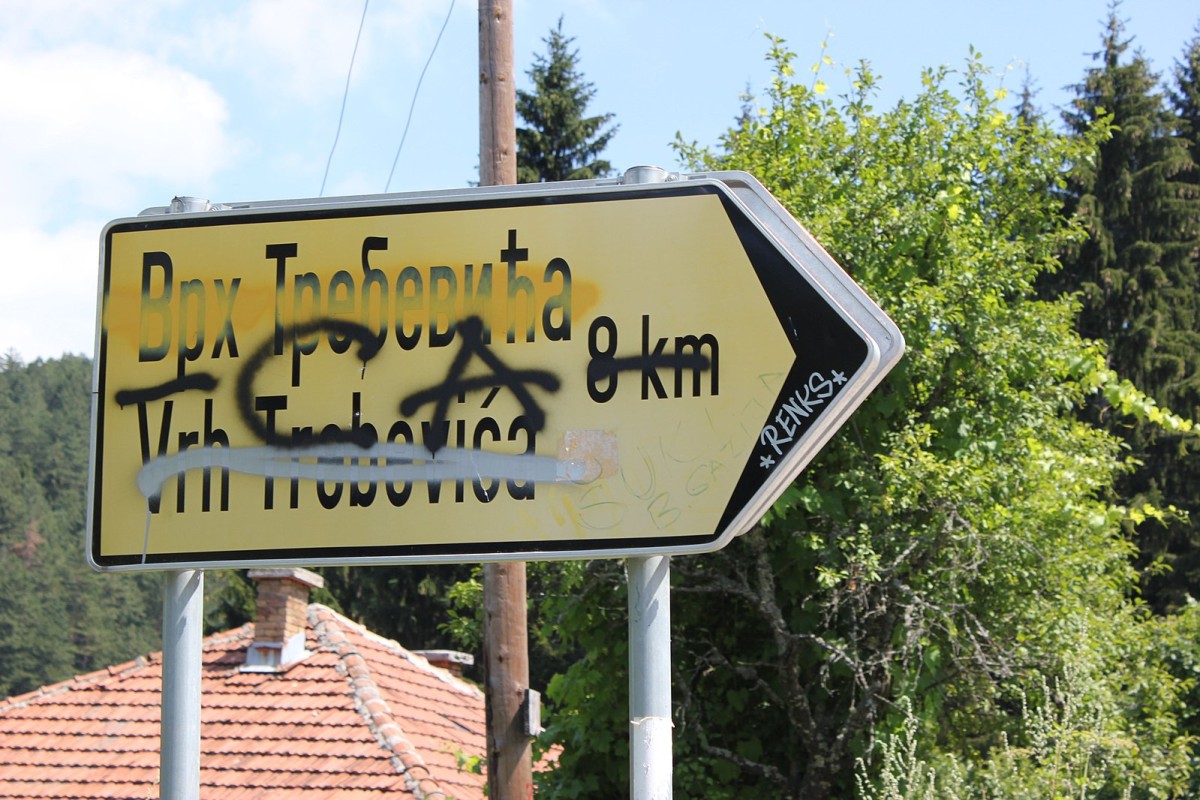Sponsored Content
OSCE's Dilemma over Bosnia and Herzegovina’s General Elections
The OSCE Office for Democratic Institutions and Human Rights (ODIHR) today opened an election observation mission for the 2 October parliamentary elections in Bosnia and Herzegovina. The OSCE mission is taking place in a country deeply scarred by war, now in the shadow of the Ukraine war and after a turbulent past few months of political conflict between the ruling parties in the country.
 This time, the discourse in the election campaigns for the upcoming elections particularly promotes an “us-against-them” and therefore fosters ethnic tensions. / Picture: © Wikimedia Commons; Julian Nyča, CC BY-SA 3.0
This time, the discourse in the election campaigns for the upcoming elections particularly promotes an “us-against-them” and therefore fosters ethnic tensions. / Picture: © Wikimedia Commons; Julian Nyča, CC BY-SA 3.0
Today's state of Bosnia and Herzegovina is just 25 years old. The younger generation no longer wants to hear about war, but nationalist rhetoric is gaining ground especially now that the elections are approaching. It is to be feared that the already tense situation could deteriorate further in the run-up to the vote.
Due to the problematic situation in the world and in Bosnia…
or Log In
Fast News Search





